“Learning Expeditions,” semester-long programs at Watershed School, engage high school students in long-term, in-depth investigations of rich topics or themes through fieldwork, service, and real-world context. This spring, mid-way through their study of the Civil Rights Movement, ninth and tenth graders will leave their classrooms to spend a week touring the American south; eleventh and twelfth graders will visit Silicon Valley to further their explorations in Technology, Media, and Literacy.
“Our trips are always embedded in academic study,” says Head of School Greg Bamford. “The world’s greatest challenges exist at the intersection of multiple fields, so these kinds of activities are invaluable in helping students understand and explore the content they’re learning about in class.”
Last fall, ninth and tenth graders examined the value of the American West. In Moab, Utah, they explored geologic formations, interviewed competing stakeholders (such as landowners, environmental activists, the Chamber of Commerce, and the U.S. Department of Energy), and engaged in environmental science. “It gave us real-world experience and brought us closer to the issues we were studying,” says tenth grader Thalia Lhatso-Suppan. “Reading Edward Abbey’s Desert Solitaire and then canyoneering in Arches National Park showed us what industrial tourism looks like and its impact on the environment.”
Ultimately, students create original work to demonstrate their understanding of the subject, and present it to a large and varied audience at Watershed’s public Festival of Arts and Intellectual Reflections—the school’s equivalent of finals week. “This kind of assessment,” says Mr. Bamford, “is harder but more meaningful than a test only read by one person, and shows the intrinsic motivation that’s developed when students understand the connection between school and the real world.”
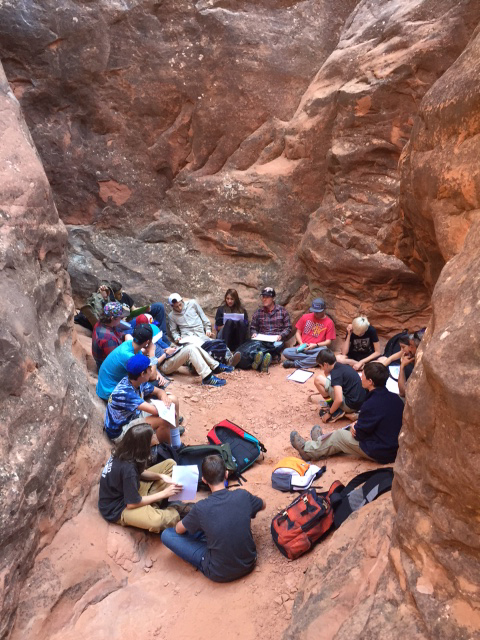
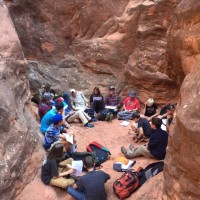
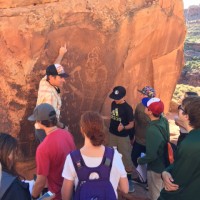
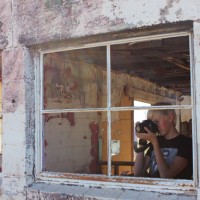
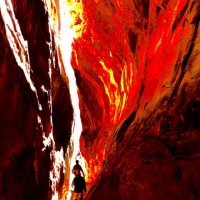
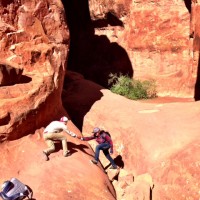
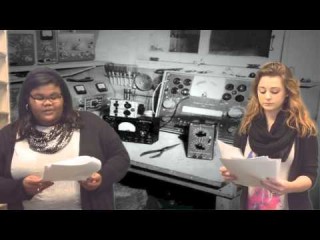
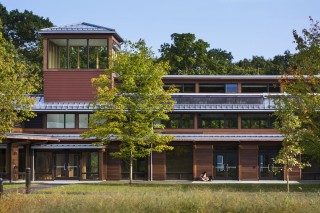
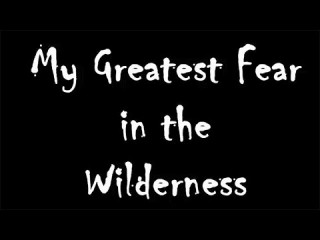
At the Fieldston School, in the Bronx, we have a program called City Semester: The Bronx Experience, in which students are in the field twice a week exploring sustainability at the Hunts Point Market, riding the CitiBike BikeShare bikes and talking to the Dept. of Transportation about Bus Rapid Transit, or studying human and non-human communities while canoeing down the Bronx River. It sounds like our programs have a lot in common